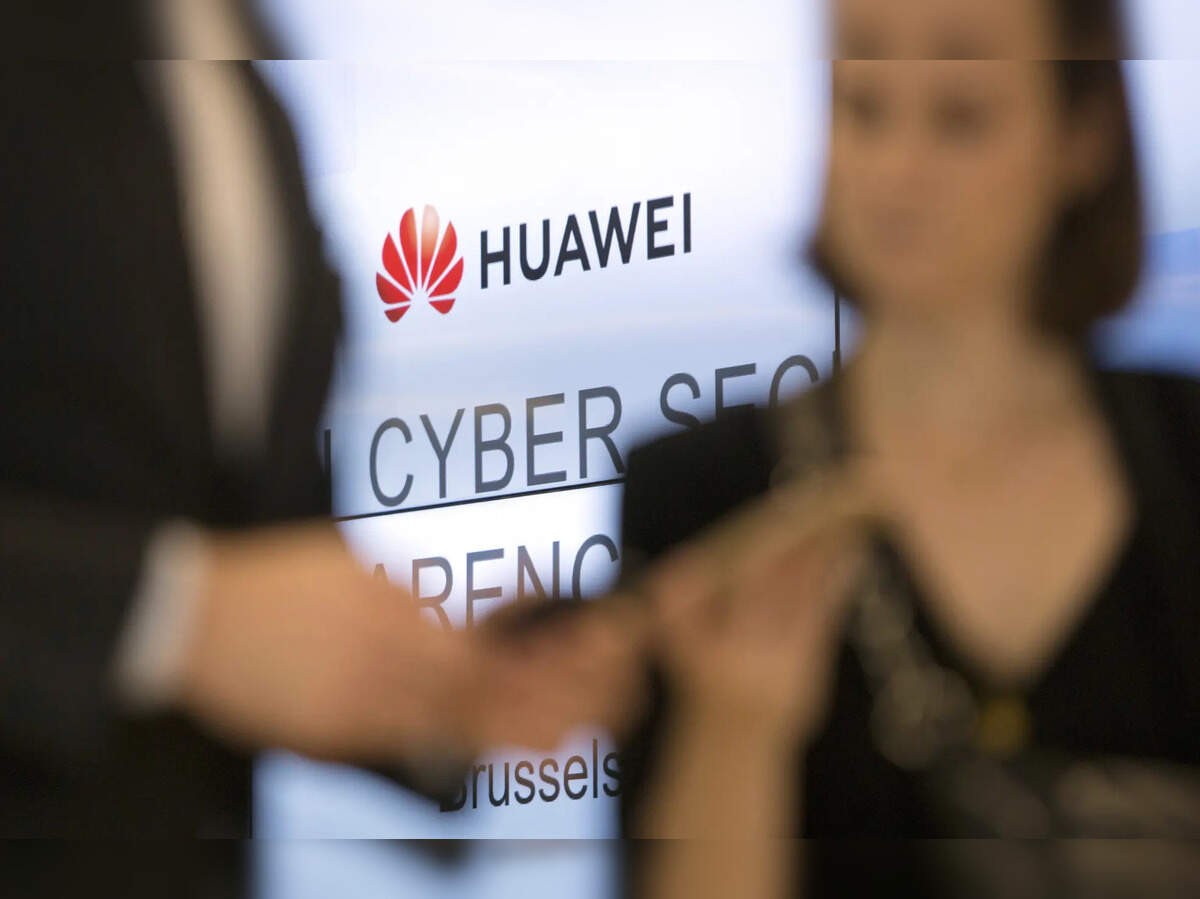
In an unexpected turn of events, Huawei has emerged as a major beneficiary of the U.S. export restrictions originally meant to curtail Chinese technological advancement. The Chinese tech giant has unveiled its new Ascend 920 AI chip, positioning itself to fill the void left by Nvidia in the Chinese market.
The story begins with the Trump administration's export controls that now prevent Nvidia from selling its AI chips to China - even the H20 model specifically designed to comply with earlier trade restrictions. This ban is expected to cost Nvidia approximately $5.5 billion in lost revenue, dealing a substantial blow to the company's market position.
Huawei's newly announced Ascend 920 chip appears ready to seize this opportunity. Built on a 6nm process from SMIC, the chip boasts impressive specifications including 4000GB/s memory bandwidth and 900 TFLOPs of processing power. These capabilities make it a compelling alternative for Chinese companies seeking high-performance AI solutions.
The irony of the situation is striking. The export ban, intended to limit China's access to advanced technology, has instead accelerated domestic chip development. Huawei, having already adapted to years of U.S. restrictions, has successfully developed its own chip manufacturing capabilities using domestic components.
This development represents a major shift in the global AI chip market. While Nvidia previously saw a 50% quarter-over-quarter increase in sales before the ban, that market share is now likely to be captured by Huawei's Ascend series.
The repercussions extend beyond just Nvidia, affecting other major U.S. tech companies like Google, Meta, and Apple. Perhaps most notably, many of these companies' executives had previously supported Trump's initiatives through inaugural fund donations - a decision that now appears to have backfired.
This situation demonstrates how trade restrictions can sometimes produce unintended consequences, potentially strengthening the very competitors they were meant to constrain.